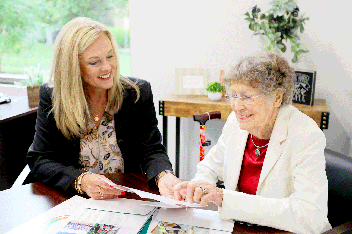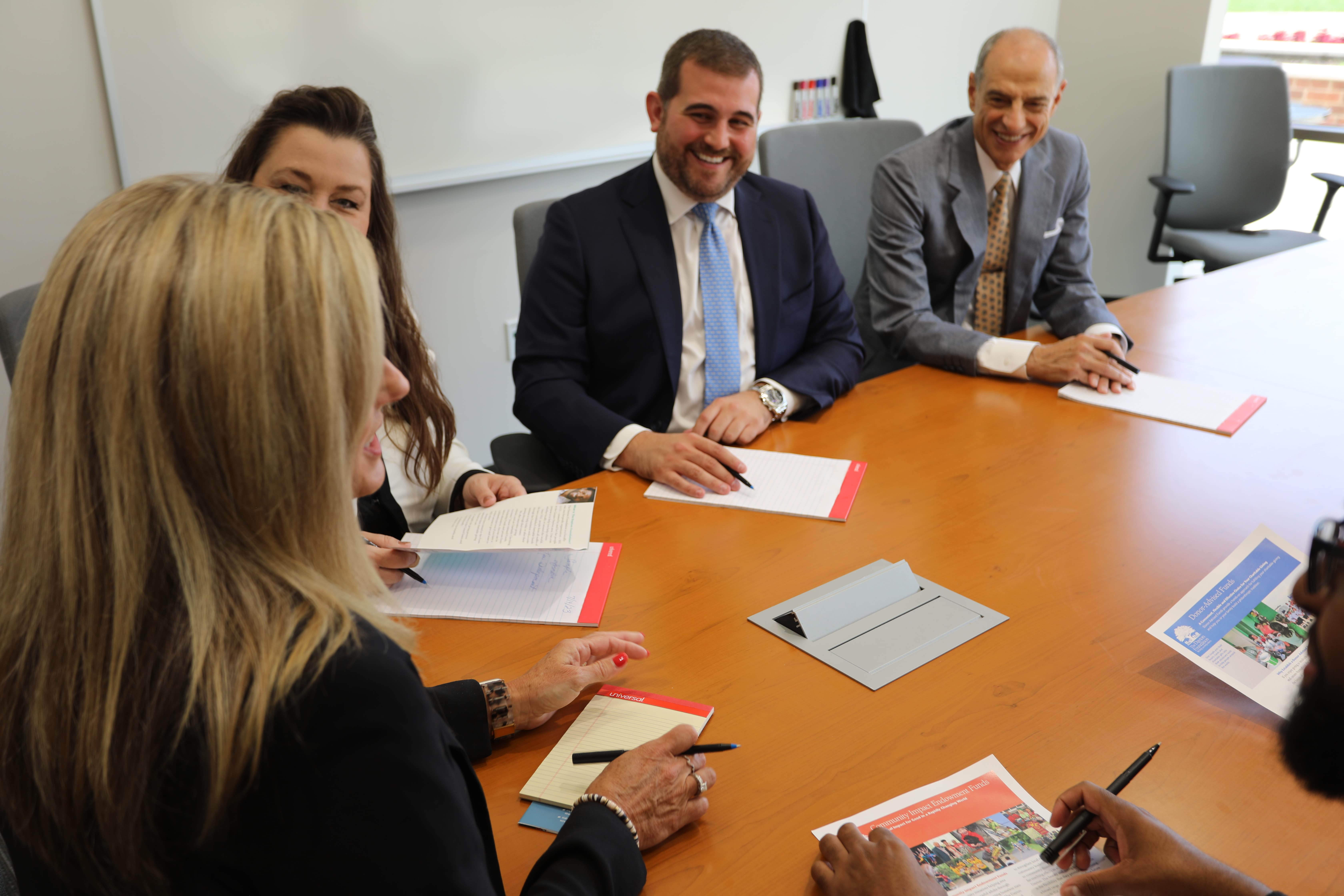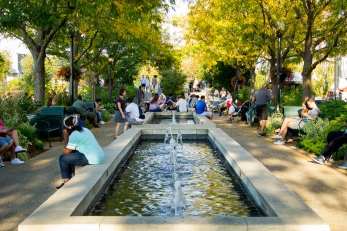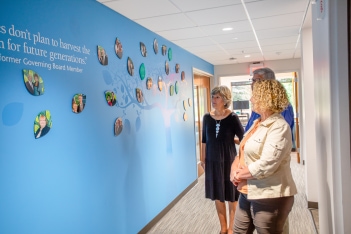When Dr. Heidi Donnelly, owner and medical director of Dayton Skin and Cancer Center, encountered a man in an elevator with obvious skin cancer on his face, the chance meeting had a profound impact on her. A conversation with the man led Dr. Donnelly to establish iTASC (improved Treatment Access for Skin Cancer), a local nonprofit organization that works to increase access to skin cancer treatment for underserved and uninsured patients throughout Greater Dayton.
“He told me he could not afford to see a doctor to have the skin cancer removed,” Dr. Donnelly said. “It was at that moment I realized there are people in our communities that need help, and there must be a way to take better care of skin cancer patients.”
With more than five million cases diagnosed in the United States each year, skin cancer is America’s most common cancer. In the Dayton Region alone, it’s estimated that 450 underserved patients will develop skin cancer that requires treatment. To help combat this issue, iTASC hopes to expand its client base by collaborating with local nonprofits to help identify individuals in need of this critical treatment.
Initially funded by a $116,400 grant over two years from the Gala of Hope Foundation, an organization dedicated to local cancer care and research, iTASC already has formed partnerships with nonprofits, such as Centerpoint Health, Community Health Centers of Greater Dayton, Five Rivers Health Centers, Good Neighbor House and Health Partners Free Clinic, in order to spread the word and treat more underserved people with the disease.
“Skin cancer is the most prevalent cancer in our region. Hundreds in our underserved population will be diagnosed but do not have access to the quality care that will assure them the highest survivorship," said Jeff Brock, executive director, Gala of Hope Foundation. “Nonprofit collaborations are critical to reach more people and to make a difference in their lives.”
Doug Goubeaux lost his job in 2019 due to company restructuring. He decided to start mowing lawns, but was left without health insurance. Skin cancer on his eyelid led him to Dayton Skin and Cancer Center, where Doug’s sister discovered iTASC’s services while reading Dr. Donnelly’s bio.
“I knew I needed surgery on my eye, but was concerned about the cost,” Doug said. “I broke down and cried when Dr. Donnelly told me the surgery would be offered at no cost to me through iTASC. It truly was overwhelming and a wonderful gift.”
With the incidence rates of skin cancer on the rise, and statistics indicating one in five Americans will develop skin cancer by age 70, iTASC’s mission is more important than ever.
“We are looking to recruit support from healthcare providers, nonprofits and other dermatologists and Mohs surgeons who could help us in our work to give treatment access to those who need it,” said John LeComte, executive director of iTASC. “People in the Dayton community are so generous, and this support will lead to greater awareness of our mission and ultimately help save lives.”








